Play is an essential part of every child’s life, serving as the foundation for learning and development. At the heart of this play are toys—much more than just sources of fun.
Toys are powerful tools that shape a child’s growth, influencing their cognitive abilities, physical coordination, emotional understanding, and social skills. From puzzles that spark problem-solving to role-play sets that boost imagination, toys provide opportunities to learn, express, and connect.
In this article, we’ll explore the five essential reasons why toys are crucial for child development and how they impact a child’s life in the long run.
What is Child Development?
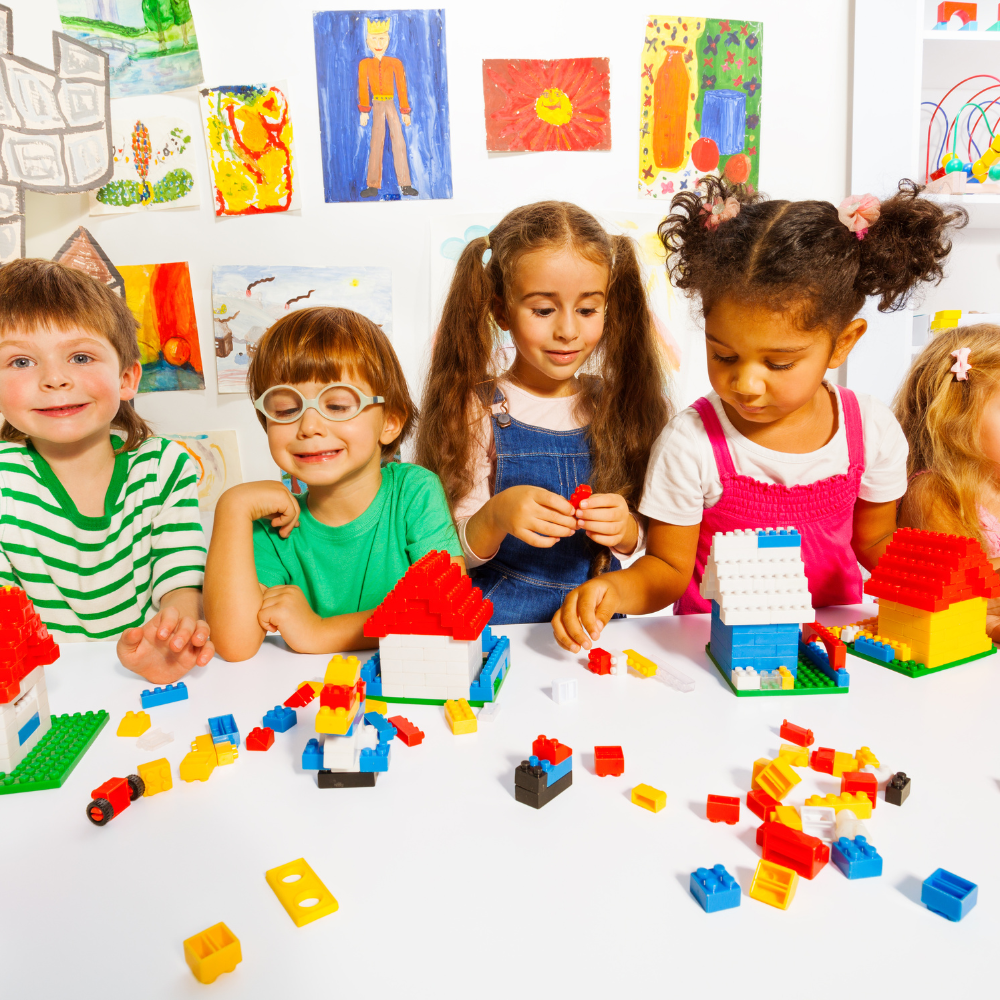
First, let us define what child development means. Child development refers to the physical, emotional, and cognitive growth of a child from birth through adolescence.
It encompasses various aspects such as motor skills, language abilities, social interactions, and problem-solving capabilities. Each of these areas is crucial for children to reach their full potential and become healthy, well-adjusted adults.
Toys play an integral role in fostering each aspect of development by providing opportunities for children to explore and master new skills in a safe and enjoyable way. And here are five essential reasons why we need toys for child development.
Does the Type of Toy Matter?
Before diving into the reasons, it’s worth noting that not all toys are created equal. The type and quality of a toy can greatly impact a child’s development. For instance, a simple wooden block may be more beneficial than an electronic device with flashy lights and sounds.
Ideally, toys should be open-ended, meaning they have multiple uses and allow children to play in different ways. They should also encourage creativity, collaboration, and problem-solving rather than passive entertainment.
Now, let’s explore why we need toys for child development.
5 Essential Reasons Why We Need Toys for Child Development
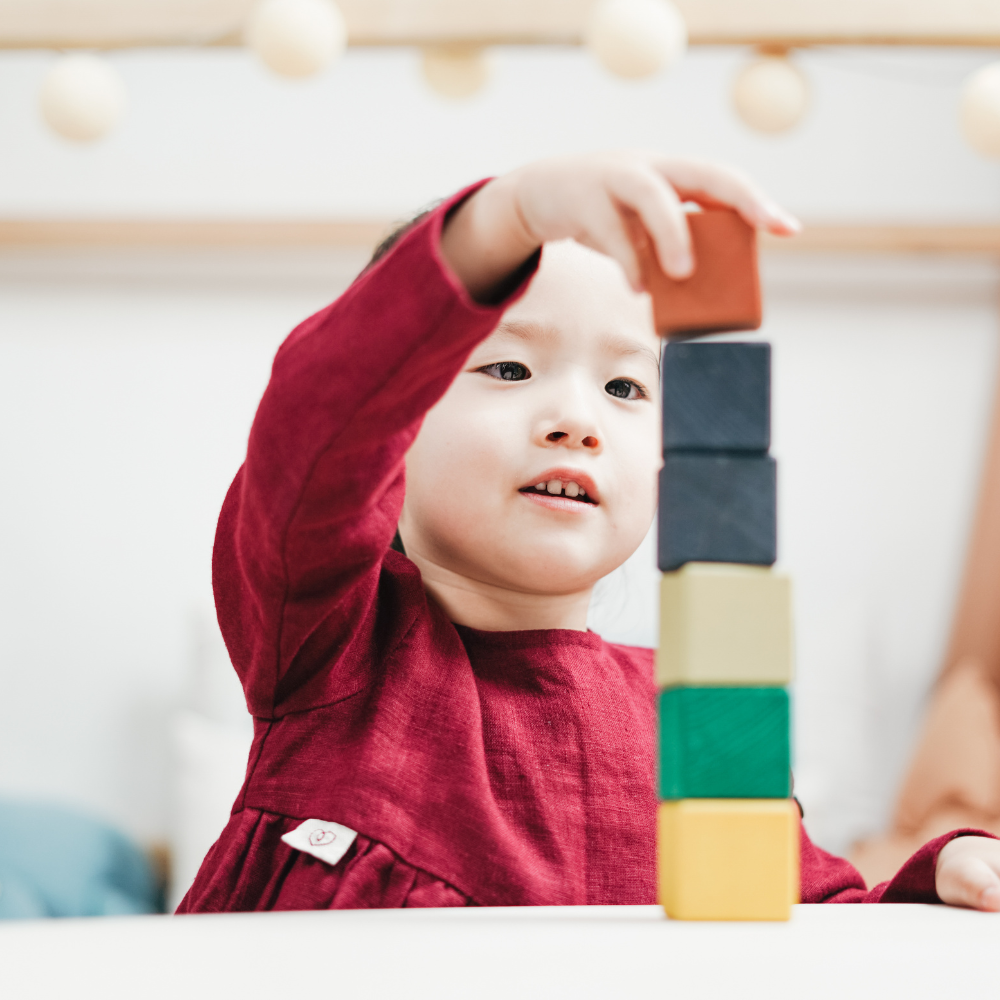
Now that we have a basic understanding of what child development is and the importance of quality toys, let's dive into the five essential reasons why we need toys for child development.
1. Toys Stimulate Imagination and Creativity
Imagination is a key component of cognitive development in children. It allows them to explore their thoughts, ideas, and emotions in a safe and creative way. Toys play an important role in stimulating imagination by providing open-ended play opportunities.
For example, a set of building blocks can be transformed into various structures or objects based on a child's imagination. This type of play not only enhances their fine motor skills but also encourages them to think outside the box and develop problem-solving skills.
2. Toys Encourage Exploration and Discovery
Children are naturally curious, constantly seeking to understand the world around them. Toys provide a safe and structured way for them to explore and learn. For instance, puzzles can help children develop their problem-solving abilities while also introducing them to concepts like shapes, colors, and numbers.
Toys that allow for hands-on exploration, such as science kits or musical instruments, can also foster a love for learning and encourage children to discover more about their interests. Also, through play, children can make their own discoveries and develop a sense of autonomy and confidence.
3. Toys Enhance Fine and Gross Motor Skills
Fine motor skills refer to the small movements of the hands and fingers that are crucial for everyday tasks like holding a pencil or using utensils. Gross motor skills, on the other hand, involve larger movements of the body, such as running and jumping.
Toys that require manipulation, like puzzles or building sets, can improve fine motor skills by strengthening hand-eye coordination and precision. On the other hand, toys like balls or bikes promote gross motor skills by encouraging physical activity and coordination.
4. Toys Facilitate Social Interaction
One of the most crucial aspects of child development is social interaction. Toys can provide opportunities for children to learn how to communicate, cooperate, and negotiate with others.
For instance, a pretend play set can allow children to take on different roles and engage in imaginative scenarios with their peers. This type of play helps them develop empathy, problem-solving skills, and the ability to work together toward a common goal.
5. Toys Promote Emotional Development
Toys also play a significant role in emotional development by allowing children to express and regulate their emotions. For example, plush toys or dolls can serve as comforting objects that help children cope with anxiety or stress.
Toys that involve role-playing allow children to act out different scenarios and explore different emotions, helping them understand their own feelings and those of others. This type of play can also enhance empathy and emotional intelligence.
These are just a few essential reasons why we need toys for child development. It's important to note that these benefits extend beyond just the physical and cognitive aspects of a child's development. Quality toys can also have a positive impact on a child's emotional well-being, social skills, and overall happiness.
How To Disinfect Baby Toys That Go In Mouth
This is the common question that many parents have when it comes to keeping their child's toys clean and safe. Here are a few tips for safely disinfecting toys that go in your baby's mouth:
- Use non-toxic and baby-safe cleaning products.
- Follow the manufacturer's instructions for cleaning and disinfecting.
- For plastic or rubber toys, soak them in a mild bleach solution (1 part bleach to 10 parts water) for 5 minutes, then rinse thoroughly with water.
- For fabric or plush toys, machine wash them on a gentle cycle with hot water and detergent, then tumble dry them on low heat.
- Consider using steam cleaning as an alternative method for disinfecting toys without harsh chemicals.
By regularly disinfecting your child's toys, you can help prevent the spread of germs and keep them safe and healthy. So, make sure to incorporate proper cleaning and disinfecting practices into your child's playtime routine.
How To Choose Age-Appropriate Toys
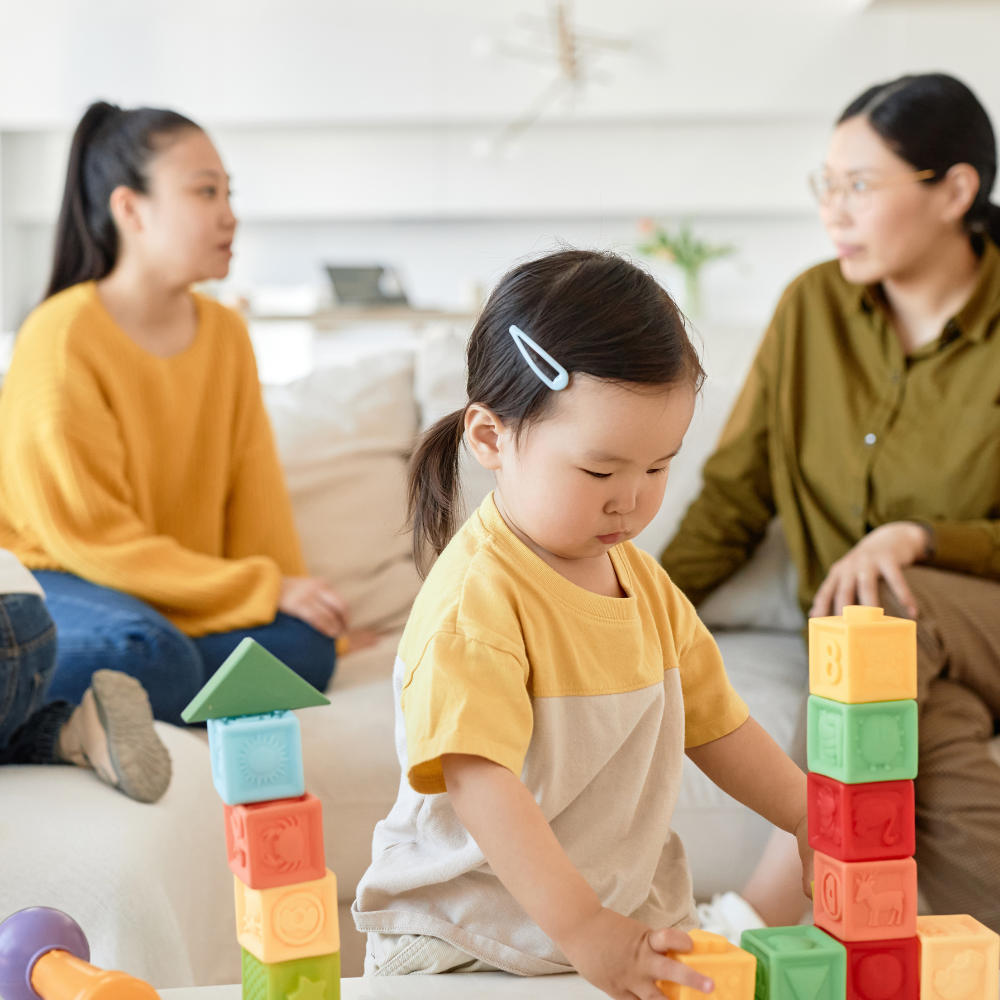
Choosing the right toys for your baby is all about understanding their developmental stage and abilities. Every child grows at their own pace, so it's crucial to pick toys that suit their unique needs and milestones.
For infants up to six months old, focus on toys that engage their senses with different textures, bright colors, and gentle sounds. Options like soft plush toys or rattles are perfect for encouraging sensory exploration and supporting the development of motor skills.
From six to nine months, babies become more curious and active. Interactive toys such as shape sorters or push-and-pull toys are great choices to help improve hand-eye coordination and problem-solving skills.
As toddlers grow one year and older, their playtime becomes more imaginative. Toys like building blocks, dolls, or toy vehicles are ideal for sparking creativity, enhancing social skills, and refining fine motor abilities.
Always ensure your child plays under supervision and that their toys are safe and free of hazards. Picking age-appropriate toys not only keeps your baby safe but also supports their growth and learning. By considering their developmental stage, you can create fun and meaningful play experiences that help them thrive.
Avoid These Mistakes When Choosing Toys
As parents, we all want the best for our children, especially when it comes to their development. However, sometimes in our efforts to provide them with the best toys, we may make mistakes that can hinder their growth and learning.
Some common mistakes to avoid when choosing toys for child development include:
- Buying toys solely based on educational or developmental goals without considering playfulness and joy.
- Focusing too much on age recommendations instead of your child's individual interests and abilities.
- Choosing electronic or screen-based toys as a quick fix for entertainment instead of promoting hands-on play and social interaction.
- Ignoring safety concerns such as small parts or toxic materials.
- Not rotating toys regularly, leading to boredom and limited exploration of new interests.
By being aware of these mistakes, we can make more informed choices when selecting toys for our children, ultimately promoting their overall development and happiness.
How Much Time Should Children Spend Playing with Toys?
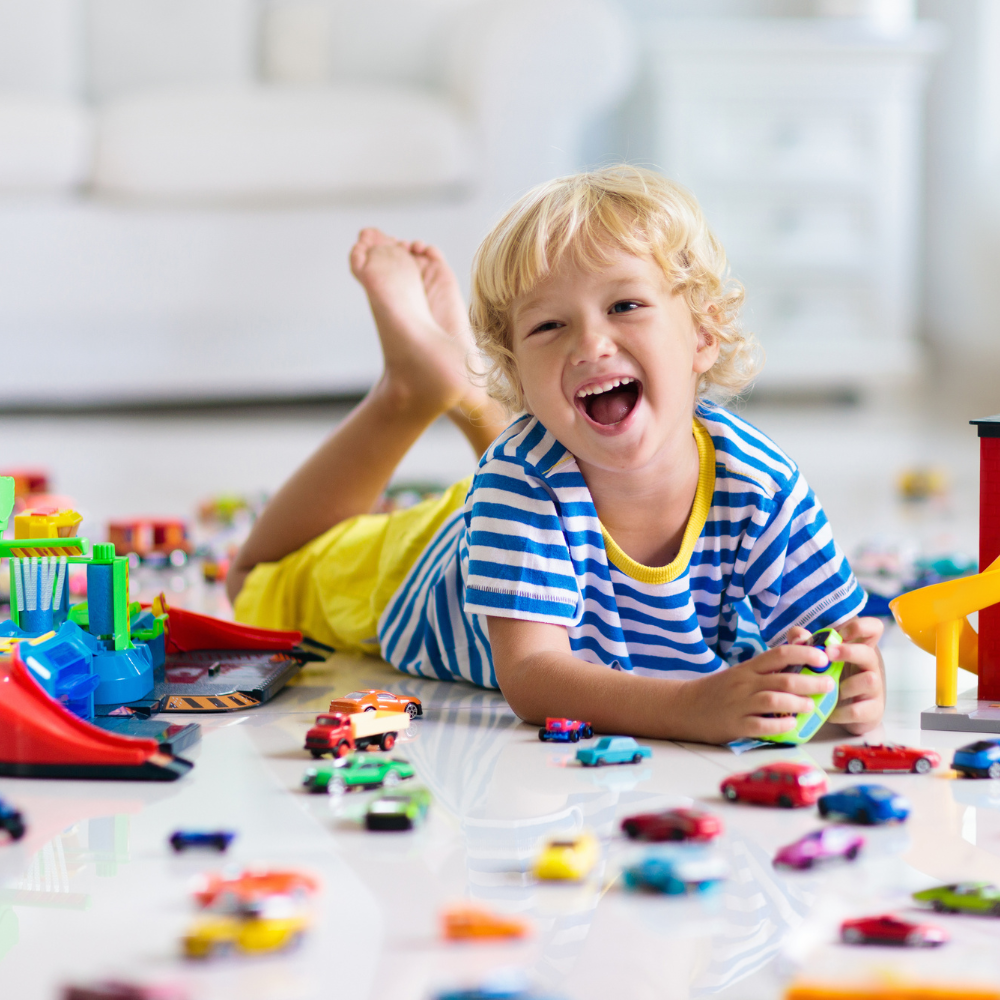
There is no set amount of time that children should spend playing with toys, as it depends on their individual needs and interests. However, it's essential to provide them with ample opportunities for play throughout the day.
For toddlers and preschoolers, experts recommend at least an hour of unstructured playtime each day, which can include playing with toys. Additionally, children should also have time to engage in physical activities, outdoor play, and social interactions.
Plus, it's crucial to remember that playtime is not just about the toys. Children also benefit from open-ended and imaginative play using everyday objects like cardboard boxes or pots and pans.
Ultimately, the key is to allow children to explore their interests and engage in meaningful play experiences without putting too much pressure on time limits. As long as they are happy, engaged, and learning through play, then you're doing a great job!
FAQs
Why are toys important for helping children learn?
Toys are essential because they provide fun ways for children to learn basic skills, such as problem-solving and creativity. Educational toys also support critical thinking skills in young minds.
How do educational toys build critical thinking skills?
Educational toys engage children in activities that require problem-solving and reasoning, which are key to developing critical thinking skills. They encourage kids to explore, think, and make decisions.
Why should kids have their own toys and play with other children?
Having their own toys helps kids develop a sense of ownership and responsibility. Playing with other children teaches them about sharing and teamwork, improving social skills.
Why is motor development supported through play toys?
Play toys like puzzles, building blocks, and electronic toys enhance motor development by improving coordination, balance, and fine motor skills in children.
Should children use different toys to interact with other kids?
Yes, using different toys fosters sharing and collaboration when kids play with other kids. It also allows them to discover new ways of learning through diverse play experiences.
How do electronic toys help kids learn basic skills?
Electronic toys are highly interactive and can teach basic skills like numbers, letters, and even social skills. They are especially great for engaging kids in modern and educational activities.
Conclusion
Toys play a crucial role in a child's development, supporting their growth in various areas, such as physical, cognitive, emotional, and social skills. By choosing age-appropriate toys and encouraging open-ended and imaginative play, you can create meaningful experiences that help your child thrive.
Additionally, proper cleaning and disinfecting practices are essential for keeping toys safe and preventing the spread of germs. Remember to also avoid common mistakes when selecting toys and allow children to have plenty of unstructured playtime throughout the day.
With these tips in mind, you can make informed decisions that promote your child's overall well-being and happiness through play.
Subscribe to our email newsletter and unlock access to members-only content and exclusive updates.
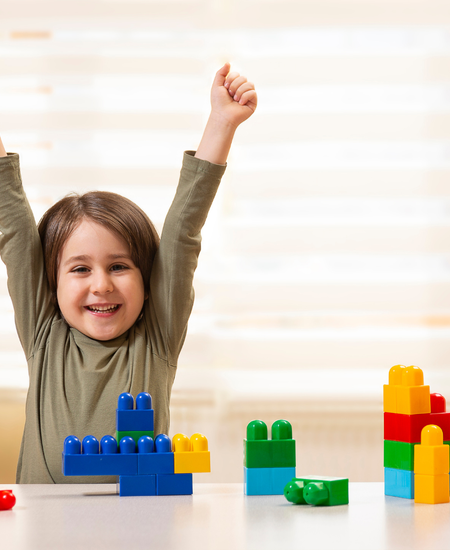
Comments